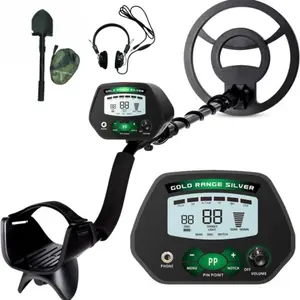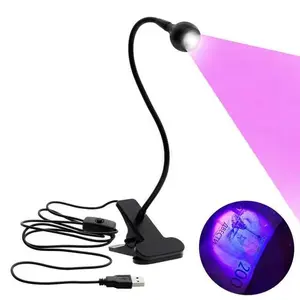
Tianxun Factory Metal Detector For Adults Professional Underground Best Gold Metal Detector MD-3040 Gold Detector



















Nail detectors are specialized tools designed to locate metallic elements such as nails, screws, and staples within various materials. These devices play a crucial role in industries like woodworking, construction, and renovation, where identifying hidden metal components is essential for safety and precision.
The nail detector for wood is a common variant, used extensively to prevent damage to cutting tools and to ensure the integrity of the wood being worked on. Similarly, the metal detector for reclaimed lumber is indispensable in recycling and repurposing old wood, where undetected nails can pose significant risks. For more delicate or precision-focused tasks, a hand held metal detector for woodworking offers portability and ease of use, allowing for meticulous inspection of intricate pieces.
A typical nail metal detector is equipped with sensors capable of penetrating various materials to detect metal objects. These devices are often constructed from durable plastics and metals, designed to withstand the rigors of a construction environment. The handyman nailfinder, a more compact version, is tailored for home use, embodying a balance of sensitivity and user-friendliness.
Employing a nail detector in wood or a metal detector for nails in timber can significantly reduce the risk of tool damage and personal injury. For those working with walls, a wall nail finder can be invaluable in locating studs and avoiding electrical wiring during installations or modifications. In the realm of safety and efficiency, the nail and screw detector stands out as an essential tool for professionals and hobbyists alike.
When choosing a nail detector, it's important to consider the specific needs of your project. A hand held metal detector for nails in wood might be ideal for on-the-go inspections, while a more stationary metal detector for finding nails in wood could be better suited for workshop settings. Regardless of the choice, ensuring the device meets the demands of the task at hand is paramount.
In conclusion, nail detectors are a diverse category of tools with applications that span across various industries. From the nail detector bunnings used in large-scale construction to the handyman nail finder for DIY projects, these devices ensure safety, accuracy, and efficiency. By understanding the different types, features, and advantages, users can select the appropriate nail detector to meet their specific requirements.